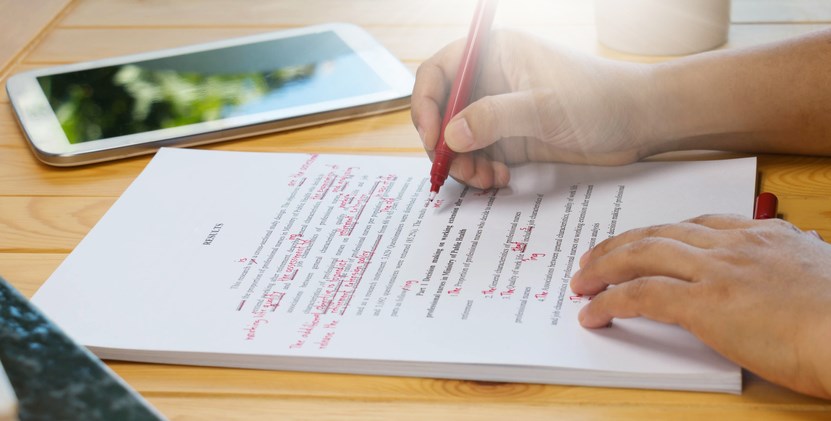This may seem a strange thing for the editor of a newspaper to say, but it comes from experience.
As with every writer who pounds out thousands of words a week, I make typos and spelling mistakes from time to time.
It is a hazard of the job.
No writer likes it, but as my mentor, an old-school fellow journalist and sports junkie says, even the best goalies in the NHL miss some shots.
But for me, and likely anyone else who had a learning disability (especially in the 70s) an error can lead to a shame spiral.
I don’t know exactly what was wrong with me as a kid, but I struggled with reading and spelling in the early grades.
There would be words I could say in context but had literally no idea how to even start to spell.
(If your child is struggling in the early grades, be sure they are tested for actual learning disabilities as these days there is plenty of help!)
It wasn’t until achieving above-average grades in university that it hit me that I was likely not stupid, or at least not as stupid as I sometimes felt when an error was pointed out to me.
Our culture really judges people who can’t spell. Try making an error in a newspaper Facebook post and watch the comments.
It is considered a really embarrassing sign if a business letter has a spelling error, for example, or an email to a client has a typo.
But what has been known for quite a long time is that intelligence is not always reflected in spelling.
And what is more, some research shows a genetic link to spelling.
This makes so much sense in my family. My dad is a very well-read and undoubtedly intelligent guy who has achieved a lot in his life, and yet, we sometimes puzzle at what he is trying to say in texts.
And when it comes to typos (confession: I write ‘hte’ more times than ‘the’) I love a study discussed in a Wired Magazine article wherein psychologist Tom Stafford of the University of Sheffield in England discusses how typos are actually a sign of high-level thinking.
Stafford says we don’t catch our own errors because we know what we mean, and so our brains don’t look at the details, but at the overall idea.
We have to trick our brains into thinking we don’t know the meaning to catch errors.
This explains why others catch our mistakes more than we do. They are new to the ideas.
To fix this, Stafford suggests switching mediums when proofing. So if you wrote on the computer, print it out and proof it hard copy. Even switching from the computer to the iPad or phone can help, in my experience.
Even doing these things, though, mistakes in writing happen.
So, if they happen to you, there’s no shame in it.
You can blame your genetics (sorry, dad) or your superior intelligence.
I will be doing the same.



